
Why should recreational athletes stop cutting calories and start building a bigger furnace?
I've recently been digging into the research on protein intake requirements for recreational athletes. I want to write a series of useful blog posts that I can share with my health coaching clients. However, I realise that only hardcore fitness geeks (like myself) want to read a blog post that dives into a plethora of scientific studies analysing protein requirements per kilogram of body weight to improve lean muscle mass and sports performance. Everyone else might find a meta-analysis of protein research a useful sleep aid. Zzzzzzzzzz.
WAKE UP, STAY WITH ME!
My goal in this blog series is to try and make protein intake a little more digestible for the non-fitness-geeks and give fitness geeks a different perspective.
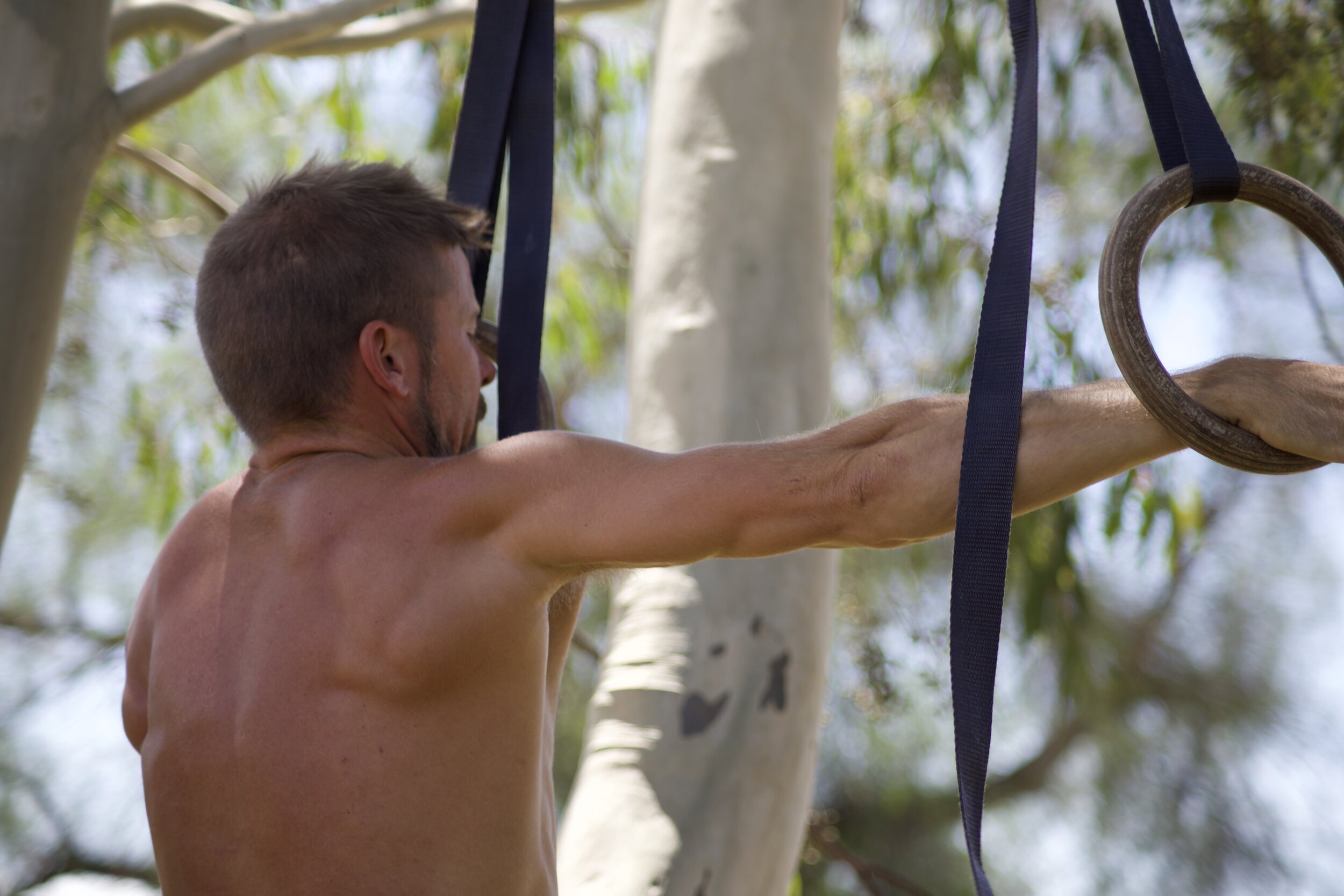
Fuelling for the demands of training
A low dietary energy intake relative to exercise energy demands (ie low energy availability) may result in an array of medical issues. Many recreational athletes following mainstream diets are under-eating. Most are not eating enough to fuel their training, to improve their body composition (decrease body fat and maintain/increase lean muscle). 99.9% of recreational athletes are not getting enough micronutrients, like vitamins and minerals, in their diet to balance their hormones, strengthen their immune system, achieve their fitness goals, and increase their healthspan.

Goal Setting Begins with the End in Mind
One of Charles Poliquin’s principles was to "always begin with the end in mind." A lot of people have very vague goals like "I want to lose weight", "I want to get strong", or "I want to be fit and healthy." Vague goals lead to vague results; most of these people fail to achieve their goals because they fail to clearly define the destination. This holds true for all of our goals in life, not just in the gym.
In this post, I'm going to focus primarily on training goals, but the same principles apply to all other lifestyles, career, and business goals.
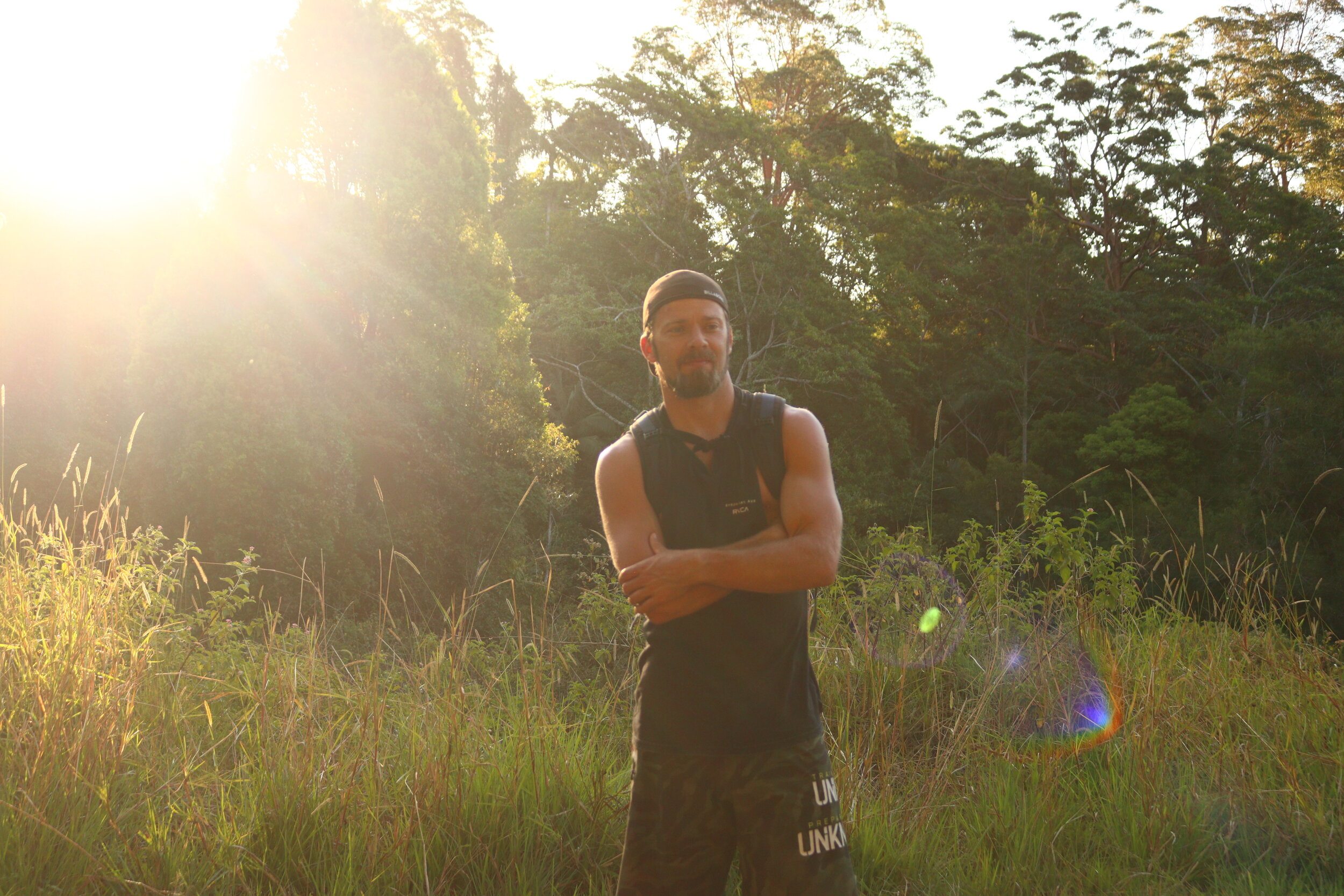
Can you make money as a health and fitness professional?
When it comes to being a personal training, coach, or gym owner, many people think they can start a new business and tell a few people that they are now a qualified fitness professional that can help them “get fit” or ”become the best version of themselves.” Unfortunately, it’s not that easy. It’s even harder to build an online business with this approach.
Let’s start with who am I to tell you about building a successful and profitable career in the health and fitness industry?

Why health and fitness goals often fail to deliver results?
“What are your health and fitness goals?” It’s a common question asked by many health and fitness professionals all over the world. It seems like an easy question to answer, and most clients will rattle off how many kilograms they want to lose, what dress/pant size they want to fit into, what they want their blood sugar numbers to be, or how much they want to deadlift, squat and bench press.
Unfortunately “outcome goals” like these can sabotage our clients progress. Why? Outcome goals often focus on the things that are out of our control while, simultaneously, distracting us from the things that we can control. We have control over our daily behaviours and if we can change our behaviours, we can change our lives (what a great business motto).
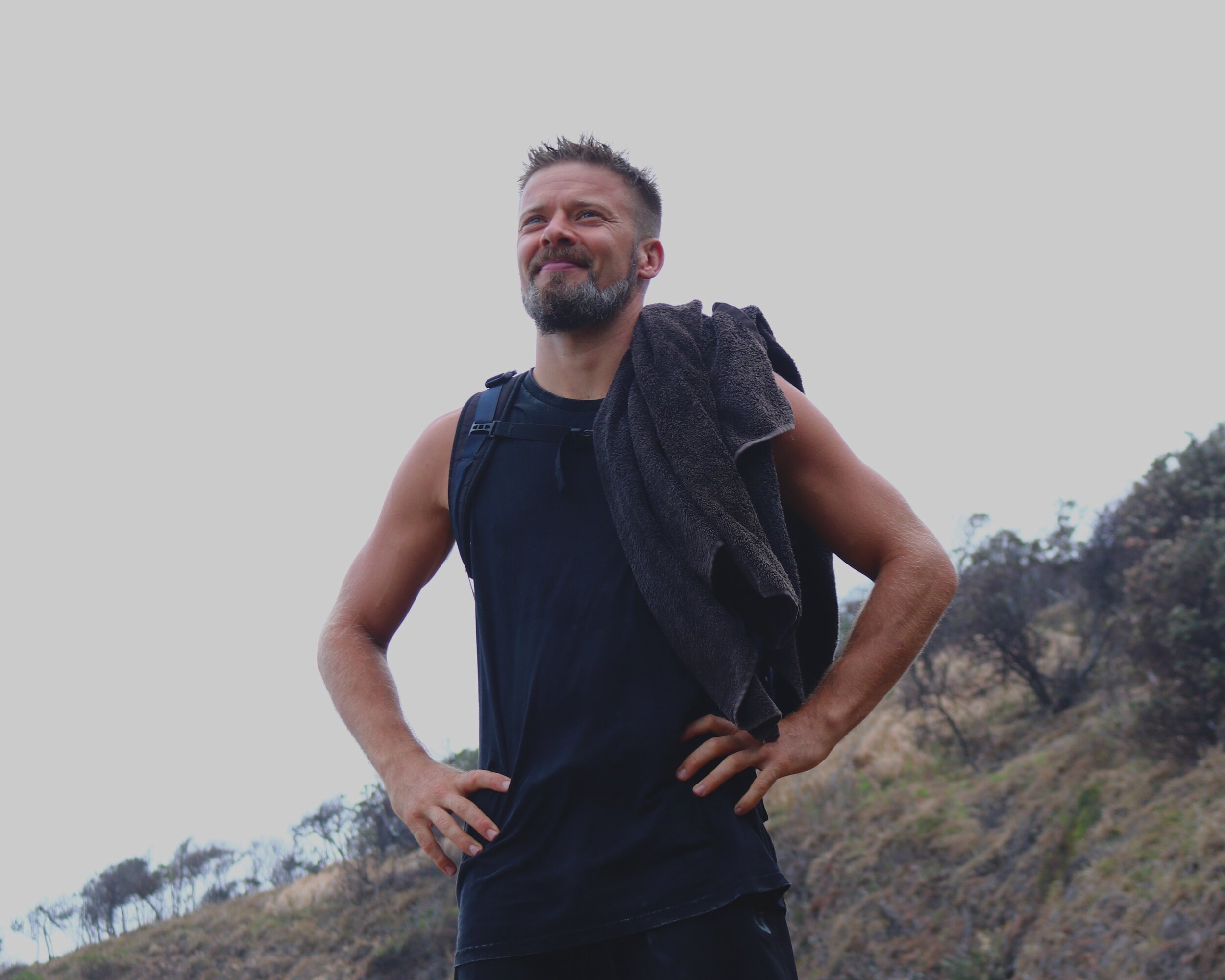
What's your unique coaching ability?
If there’s one skill to master that allows you to make more money doing what you love, it’s understanding your Unique Ability. As health and fitness professionals we are all unique - from our experiences, our knowledge and skills, our passions, values, goals, and the things that energise and motivate us to get out of bed and work with our clients. Unfortunately, many of us downplay our uniqueness because we’ve never acknowledged or appreciated our talents.
Often, the things we are best at are so ingrained in us; we don’t recognise them as being special or unique. If your ambition is to take charge and build the business and lifestyle that you want, finding your unique ability is a sure-fire route to getting there.

Why fad diets are not a long-term game changer?
FAD diets are everywhere; there is keto, carnivore, vegan, intermittent fasting, eat for your blood type, if it fits your macros, potato diet, juice diets, and the list goes on and on. As personal trainers and coaches, we must understand the pros and the cons of a restrictive diet so that we can support our clients with the information they need to make an educated decision on their diet.
Fad diets remove certain foods that cause inflammation, digestive issues and can impact our hormones. Restrictive diets are designed to promote certain foods based on certain nutrients and possible health benefits. Following these diets for a short period can have beneficial impacts on performance, health, and even longevity. However, there are some potential problems to be aware of when following a restrictive diet for an extended period.
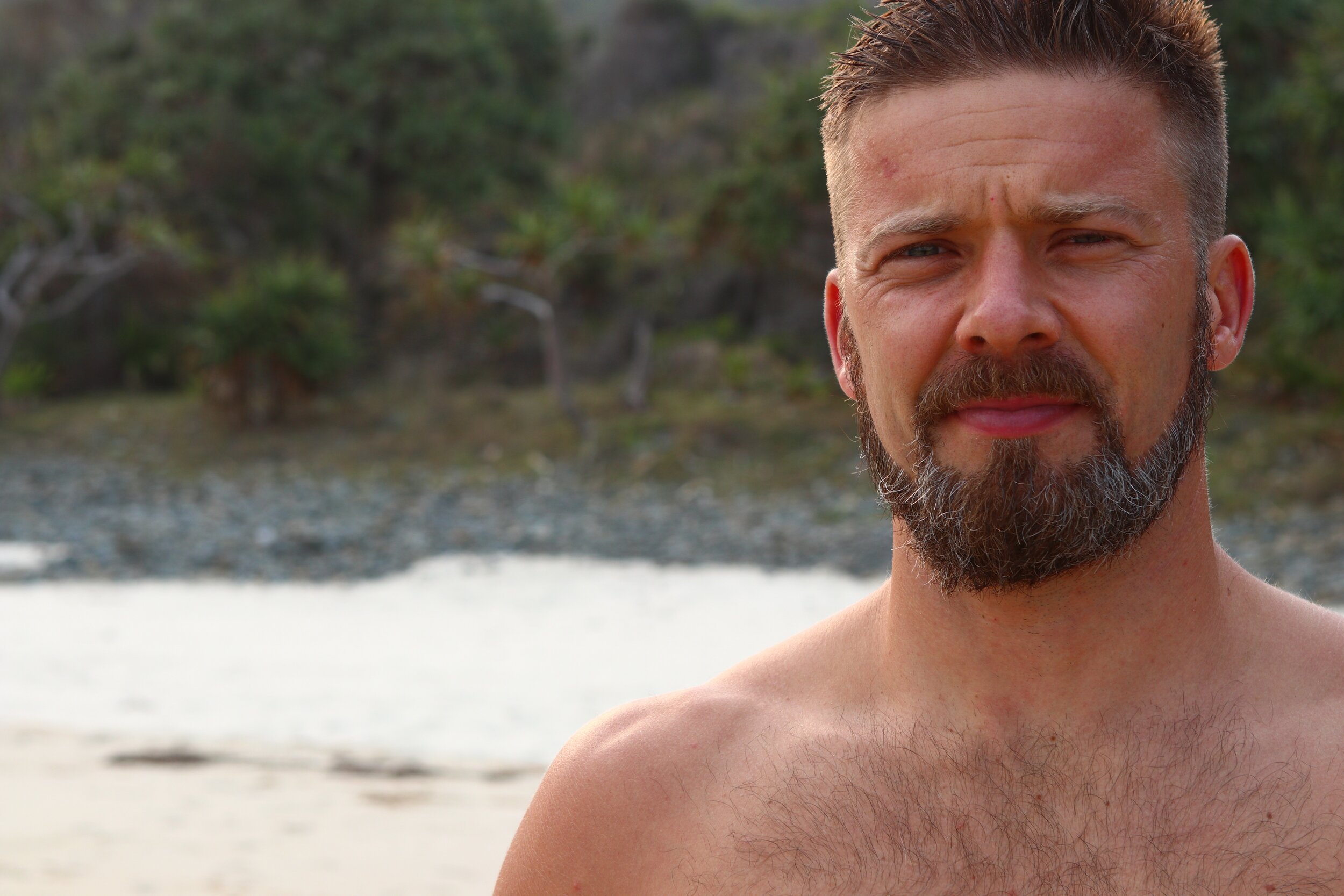
Why I created Protect The Asset
I’ve worked in the health and fitness industry for over a decade, and I’ve managed to build three very different but very successful businesses. I’ve run a small personal training business Shoreditch, London, I’ve owned a gym and employed staff, and I’ve built and online health and fitness business. As health and fitness professionals the opportunities are endless, but what price are we willing to pay when it comes to our own health, happiness and success?

My Journey To A Sustainable Career
In 2009 I quit my corporate office job to follow a passion to work in health and fitness.
Since then I’ve built three businesses, competed in marathons and IRONMAN events, coached Olympic level athletes, delivered over 10,000 personal training sessions, coached over 10,000 hours of group classes, written more training programmes than I can recall, completed countless workshops, courses and certifications, worked far too many hours, worked with a dodgy business partner and come close to burn-out multiple times.
I’ve made plenty of mistakes along the way and feel that the time has come for me to share my story and help other health and fitness professionals find a future that supports their passion in a sustainable, healthy way.
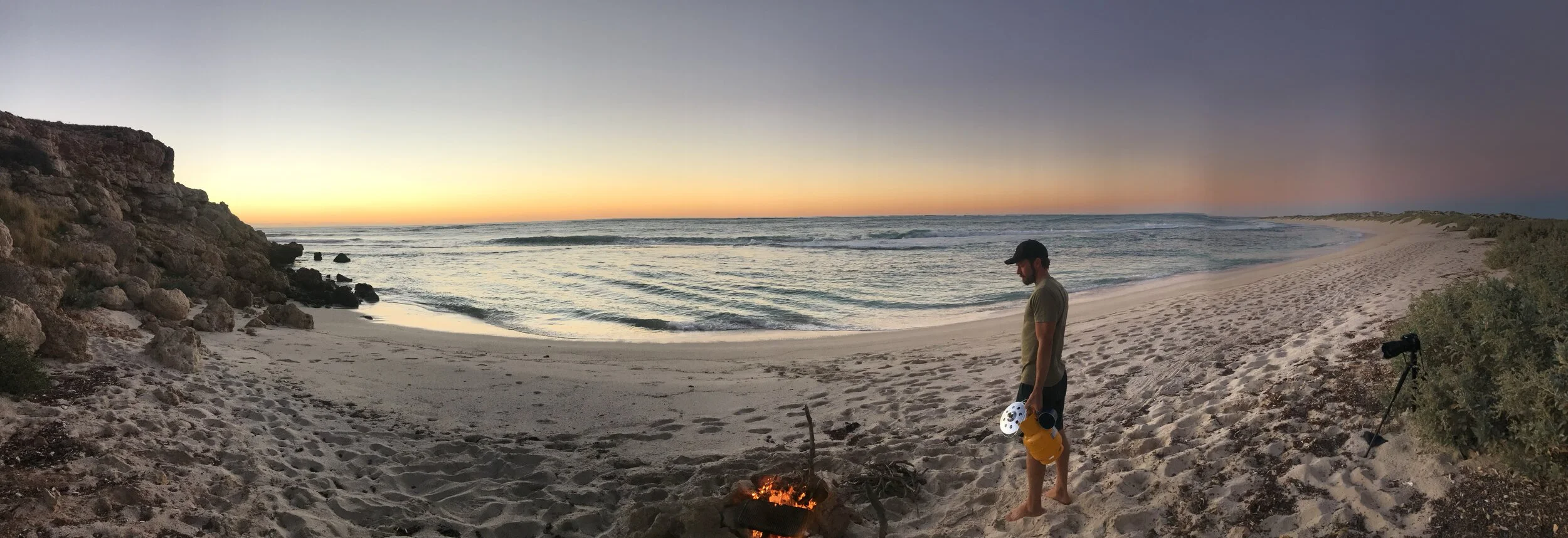
My Journey To Sustainable Health
This has been a hard topic to write about. Why? Because I went the wrong way about it. I pushed when I should have pulled. I trained when I should have slept. I sabotaged my body rather than nurtured it. Basically, I made all the mistakes.
It all started in 2008. I was working in a burn and churn gym. You know the ones that bank on the fact they’ll sign members who never attend? The ones that pump through personal training sessions focused on the number of sessions over the quality of sessions without actually teaching their personal trainers anything valuable? Yes, one of those.
